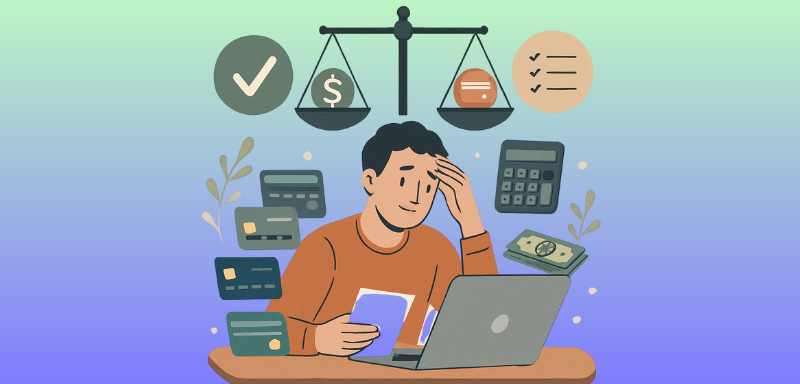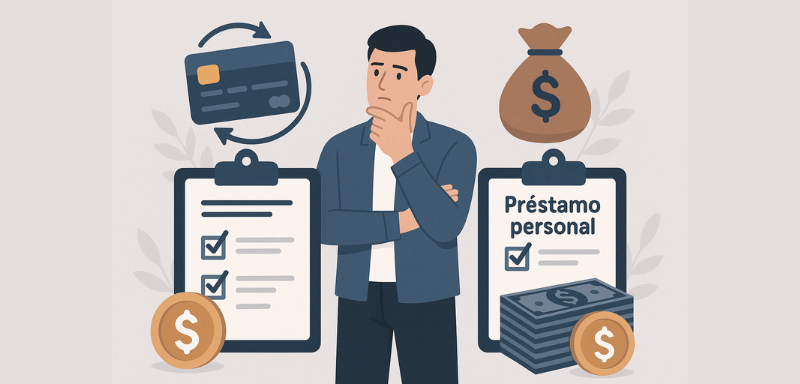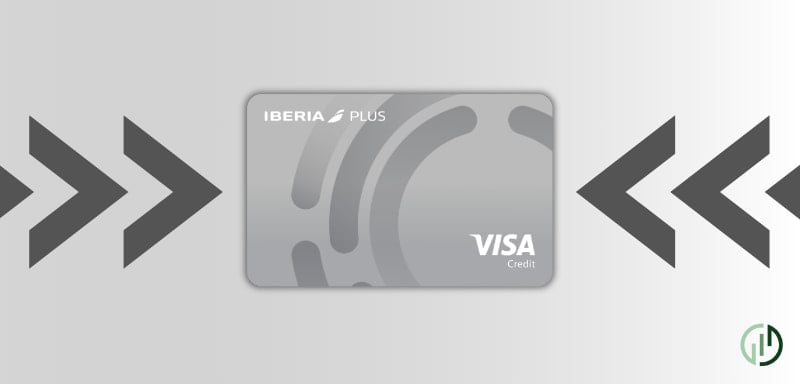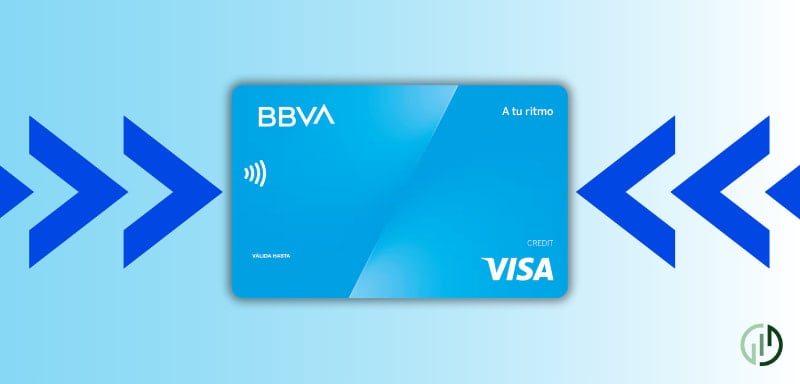Finances
5 ways to improve your credit score: get these easy tips
Getting an excellent credit score is not that simple, but these simple tips will help you get there! You just need some discipline and patience. Read this article to learn something new about your finances.
Anuncios
Give a boost in your credit score and improve your financial life
Many people are struggling right now to find ways to improve their credit score. They keep getting bad loan offers and paying a lot more for their houses and cars because of this.
That’s because they’re not reading this post! We’ve done research to tell you everything about how credit scores work and how you can build them up.
Now that you are here keep reading to get 5 wonderful tips to take your credit score to a whole new level.
Understand how your credit score work
First things first: do you know what is a credit score and how it works? That’s basic info if you want to find ways to improve your credit score.
After all, how can you fix something that you don’t know? It’s like trying to fix your car by yourself when you’re not a car mechanic.
But credit scores are way more simple than a car engine. It is basic knowledge for a functional adult who deals with finances. If that’s your case, keep reading.
There is more than one type of credit score, but they all work the same. All of our credit information is controlled by three major credit bureaus: Experian, TransUnion, and Equifax.
All of your credit and financial information gets reported to these credit bureaus. And then, they have methods to turn all this data into a three-digit number.
The most used method to make this calculation is the FICO score. It is a scale that goes from 300 to 850. They analyze the following aspects to determine your score:
- Payment history
- The amount you owe
- For how long you´ve been dealing with credit
- The Diversity of your credit lines
- New credit lines
Each of these aspects will influence your score. Note that although it is not possible to calculate your score alone, you can focus on improving aspects in general as a way to improve your final credit score.
Serás redirigido a otro sitio
What is considered a good credit score?
There are several ways to calculate and categorize a credit score. Let’s use as an example the FICO score pro being the most used among credit bureaus.
The score is categorized as follows:
| 300 to 579 | Poor |
| 580 to 669 | Fair |
| 670 to 739 | Good |
| 740 to 799 | Very Good |
| 800 to 850 | Excellent |
With a good to excellent credit score, you have a great chance of getting a good offer when you apply for a loan or credit card. It means you are trustworthy to credit companies.
If you have a fair or poor credit score, it will not be that easy to get a good deal. You’ll have to work on your score before applying for a loan or credit card. Use the tips we’ll give in this post to build a strong credit score.
How long will it take to get an excellent credit score?
The time it will take to reestablish your credit score to a good or excellent one will depend on many factors.
In general, if you don’t have a lot of debt and make responsible use of your credit card, you can see an improvement between 6 and 18 months.
However, if you have declared bankruptcy or been late for many bills, it may take a few years for your score to return to a good or excellent level.
5 ways to give your credit score a boost!
It doesn’t matter how damaged your credit score is right now. You can always find ways to improve your credit score and take it back to a good one. Follow these tips to start this mission:
1) Check your credit report and look for errors in it
First, let’s see if everything is right with your credit report. Credit bureaus are not foolproof, so it’s always a good idea to check at least once a year. You can request a copy of your credit report free of charge every 12 months.
Look for erroneous charges, late payments that weren’t late, and very old records that shouldn’t be there anymore. If in doubt, you can hire a specialized credit repair service.
2) Put your recurring bills on automatic payment
Forgetting to pay a bill is one of the worst things you can do if you are trying to improve your credit score. And how many times do we end up delaying an account out of sheer forgetfulness?
To avoid damaging your credit score for nothing, put your recurring bills on automatic payment. This way, you stay within budget and increase your credit score.
3) Ask for an increase in your credit limit – but don’t use it!
That’s right. It’s not just because your credit limit is higher that you should use it to the full.
Experts recommend that you maintain a 30% utilization ratio of your credit limit. For example, if you have a limit of $5,000, you should only use $1,500.
Another way to keep this usage low is to pay your card balance in full each month before closing the billing cycle.
4) Avoid closing old credit cards and asking for new ones – except when really necessary
The age of your credit history is an important factor in determining your credit score. Therefore, you should prefer to keep your accounts longer rather than closing and opening new accounts frequently.
If you have an old credit card that has fees or few benefits, try to negotiate with your issuer to change these conditions.
5) Make an effort to pay your debts
Debt hurts your payment history, which is the most important factor in your credit score. Paying off your debts is one way to improve your credit card significantly.
Doing a debt consolidation will also help you improve your credit score. But remember to pay your loan on time, or you’ll hurt your score all over again.
And if you’re currently paying your mortgage, pay attention to pay it always on time. We know that having a house is a dream for many people, but dealing with a mortgage is not that easy.
Tendencias

Cómo aprovechar descuentos y promociones para ahorrar en tus compras diarias
Aprende a sacarle el máximo provecho a los descuentos y promociones para ahorrar dinero en tus compras del día a día.
Continúe Leyendo
Cómo administrar tus créditos sin sobreendeudarte
Usar el crédito con inteligencia es clave para una economía estable. Aprende a administrarlo sin caer en deudas excesivas.
Continúe Leyendo
Préstamo Personal Openbank: Solicita hasta 24.000 € sin comisiones de apertura
Descubre cómo obtener financiación rápida y sin comisiones de apertura con el Préstamo Personal Openbank. Trámite totalmente online.
Continúe LeyendoTambién te puede interesar

¿Diferencias entre crédito revolving y préstamo personal: cuál elegir?
Descubre las diferencias clave entre crédito revolving y préstamo personal y elige la opción que mejor se adapta a tus necesidades.
Continúe Leyendo
Tarjeta Iberia Classic: puntos, vuelos y condiciones al descubierto
Conoce las ventajas reales de la tarjeta Iberia Classic: desde Avios hasta seguros de viaje. Consulta comisiones y cómo solicitarla.
Continúe Leyendo
Tarjeta de crédito A Tu Ritmo BBVA: Sin comisión anual
La tarjeta A tu ritmo BBVA ofrece pagos aplazados sin comisiones fijas. ¿Es una buena idea? Te lo explicamos sin rodeos.
Continúe Leyendo